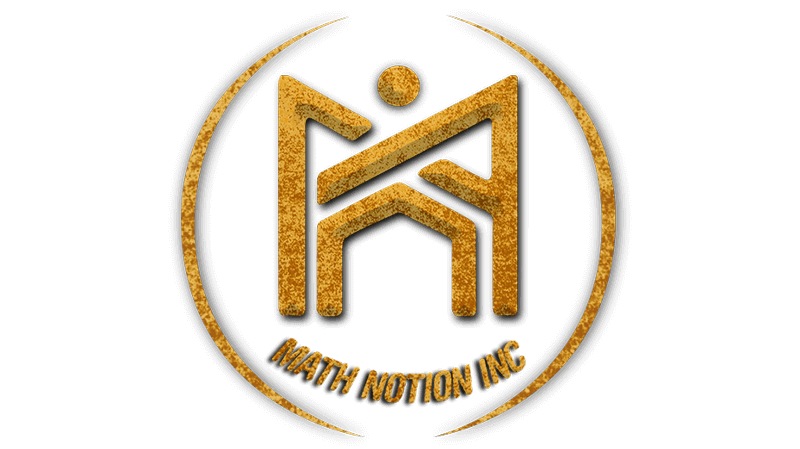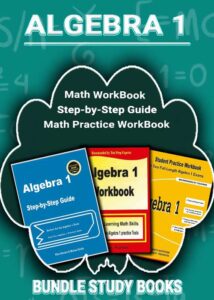
Study Time: 2minutes
Students’ Effective Use of Math Skills in Other Academic Disciplines
Mathematics is often perceived as a standalone subject, confined to numbers and equations. However, students’ effective use of math skills in other academic disciplines is crucial for a holistic educational experience. We believe that integrating mathematical concepts across various subjects not only enhances understanding but also fosters critical thinking and problem-solving abilities.
The Interdisciplinary Nature of Mathematics
Mathematics is inherently interdisciplinary. It provides tools and frameworks that are essential in fields ranging from science and engineering to social studies and the arts. By recognizing the interdisciplinary nature of mathematics, students can apply mathematical reasoning to diverse academic challenges.
Enhancing Scientific Understanding Through Math
In the sciences, math is indispensable. Physics relies heavily on calculus and algebra to explain natural phenomena. Chemistry uses mathematical equations to balance reactions and calculate concentrations. By effectively utilizing math skills, students can enhance their scientific understanding and engage more deeply with complex concepts.
Applying Mathematical Models in Biology
Biology, traditionally viewed as a descriptive science, increasingly incorporates mathematical models. Population dynamics, genetic probabilities, and ecological simulations all require a solid grasp of math. We encourage students to apply their mathematical knowledge to interpret biological data critically.
Math in Social Sciences: Quantitative Analysis
Social sciences like economics, psychology, and sociology use quantitative methods to analyze human behavior and societal trends. Statistics and probability are key components in conducting research and interpreting results. Effective use of math in social sciences enables students to evaluate studies and understand data-driven arguments.
Economics and Mathematical Economics
In economics, mathematical models predict market trends and consumer behavior. Understanding functions, derivatives, and integrals allows students to grasp concepts like supply and demand, elasticity, and optimization. Mastery of these math skills is essential for success in economic analysis.
The Role of Math in Technology and Engineering
Engineering and technology disciplines are grounded in mathematical principles. From designing structures to developing software algorithms, math skills are critical. We emphasize the importance of applying mathematical concepts in technology and engineering to innovate and solve real-world problems.
Computer Science and Algorithms
In computer science, algorithms and data structures are based on mathematical logic. Students who effectively use math skills can write efficient code, optimize performance, and understand computational complexities.
Integrating Math into the Arts and Humanities
Even in the arts and humanities, math plays a significant role. Music theory involves mathematical ratios and patterns. Visual arts utilize geometry and symmetry. By recognizing the connections, students can integrate math into the arts and humanities, enriching their creative endeavors.
Architectural Design and Geometry
Architecture combines artistic vision with mathematical precision. Understanding geometric principles allows students to create aesthetically pleasing and structurally sound designs.
Developing Critical Thinking and Problem-Solving Skills
Effective use of math skills across disciplines enhances critical thinking. It teaches students to approach problems systematically, analyze data, and make logical conclusions. We advocate for a curriculum that promotes developing critical thinking and problem-solving skills through interdisciplinary math applications.
Strategies for Teachers to Encourage Cross-Disciplinary Math Use
Educators play a pivotal role in helping students apply math skills in other subjects. Collaborative projects, real-world problem-solving tasks, and integrated lesson plans can foster this. We suggest strategies such as:
- Project-Based Learning: Incorporate math into projects related to other disciplines.
- Interdisciplinary Teaching: Collaborate with teachers from other subjects to create cohesive lessons.
- Real-World Applications: Use real-life examples to show how math applies across various fields.
Conclusion: Embracing Math as a Universal Language
By embracing math as a universal language, students can unlock new perspectives and opportunities in their academic pursuits. We believe that fostering an environment where math is integrated across disciplines prepares students for the complexities of the modern world.


